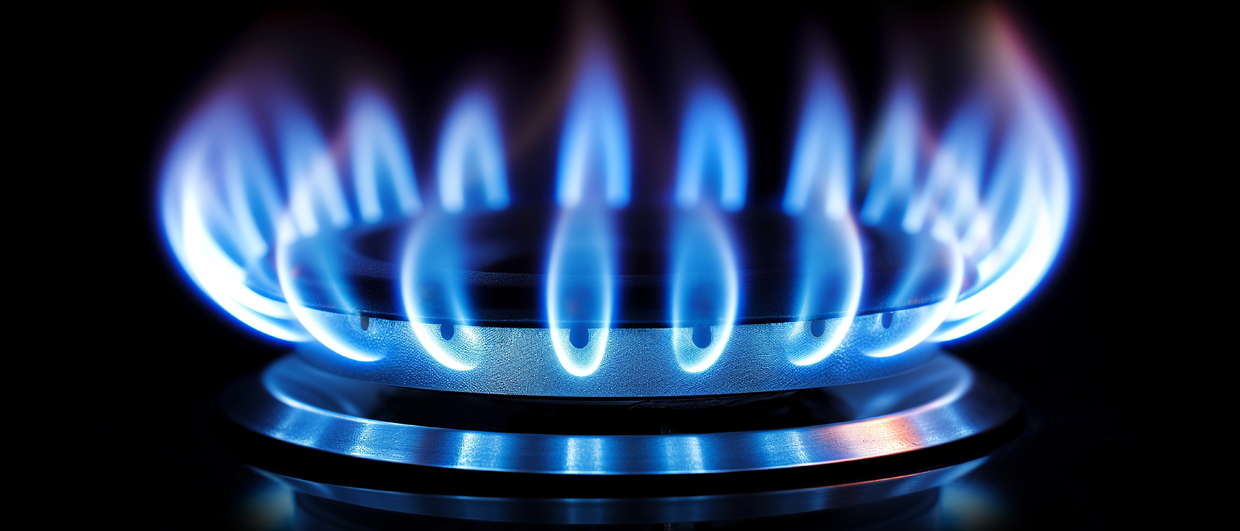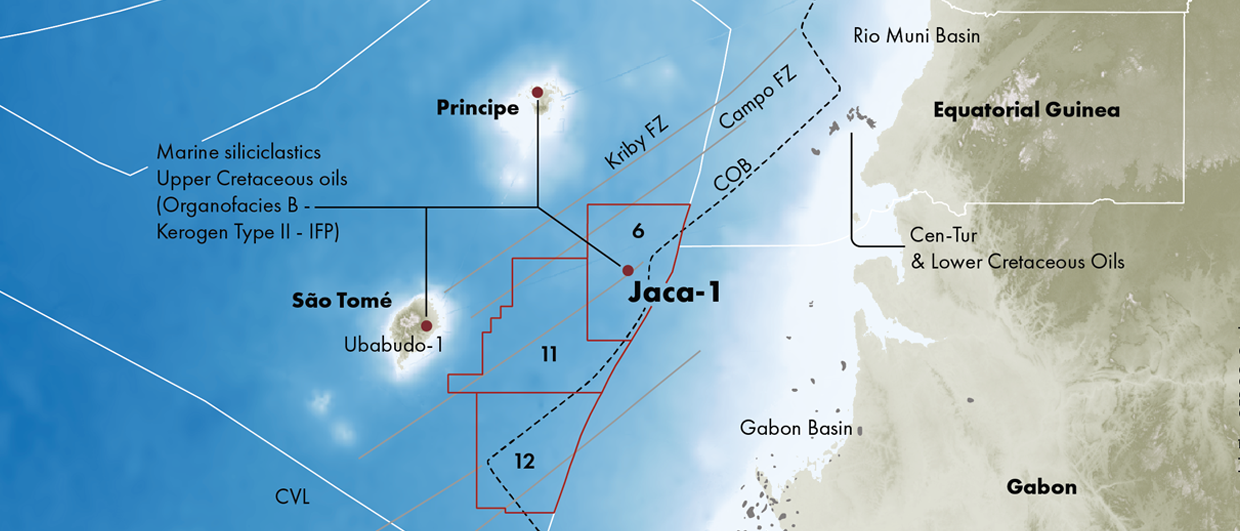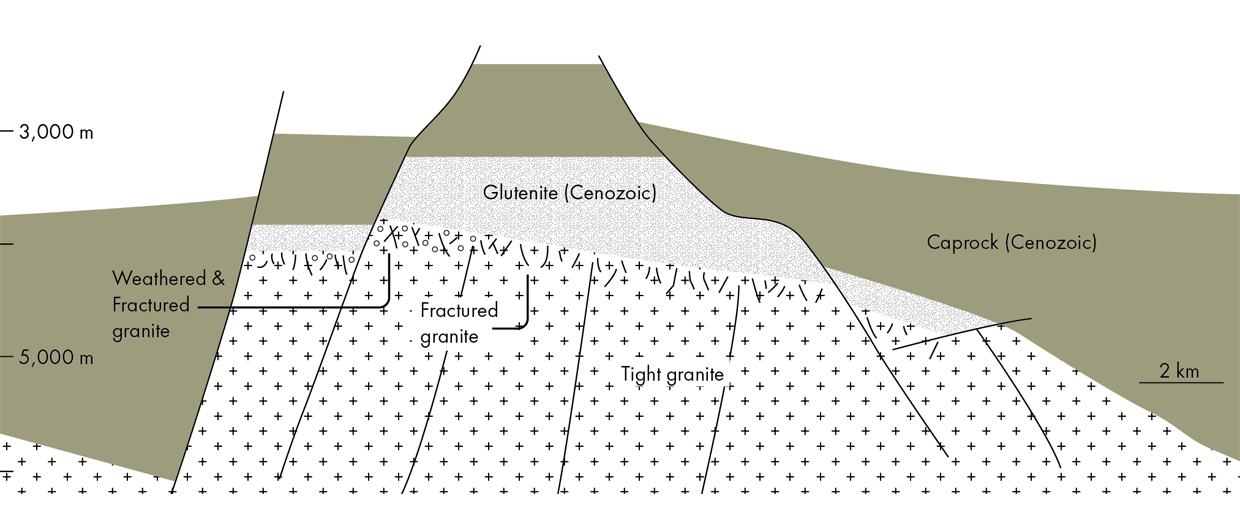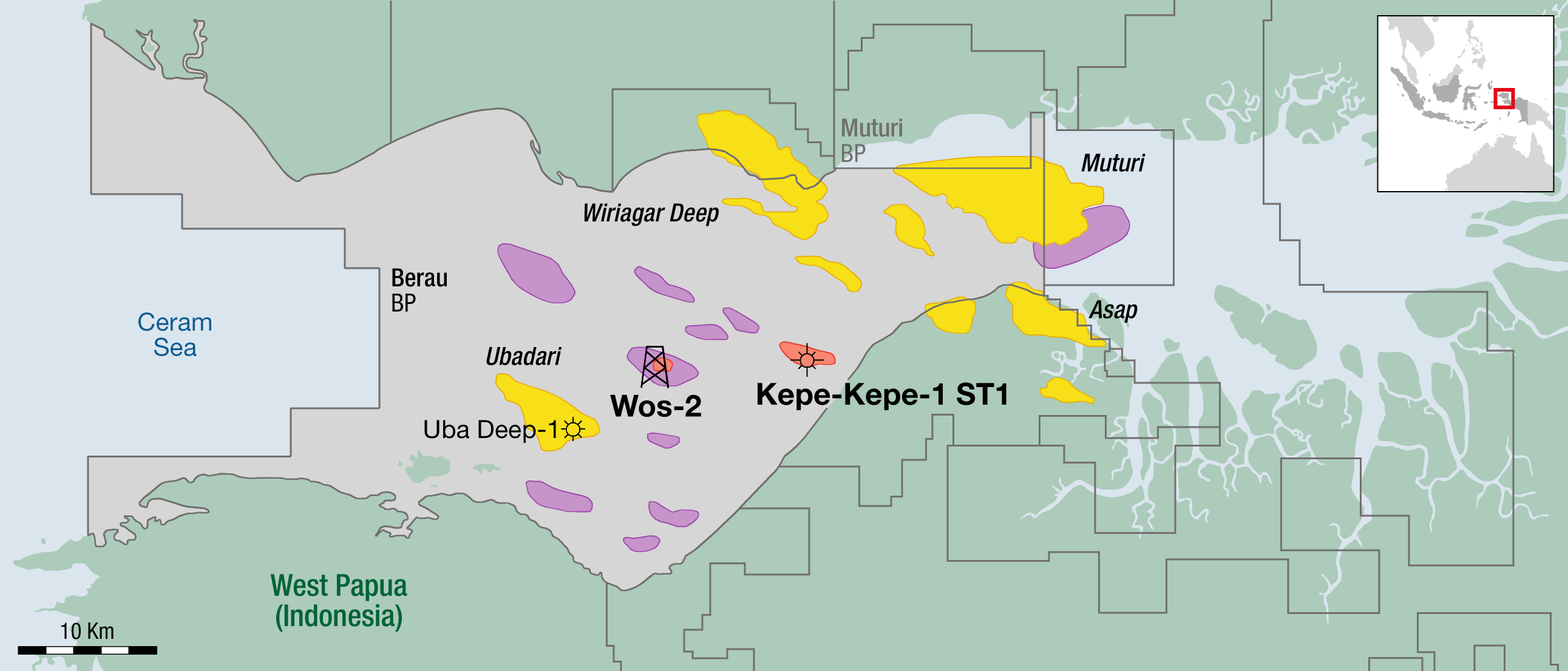This is particularly evident in Syria, where in December last year Gulfsands Petroleum had to declare force majeure on its 50% owned Block 26, where it is operator. This is because in the latest round of EU sanctions on the country the Syrian state oil company, General Petroleum Company (GPC), is on the list of proscribed organisations. As with all Production Sharing Agreements in Syria, Gulfsands are partnered on Block 26 by GPC as the Syrian government representative, and, as Gulfsands themselves announced, “The fundamental effect of the additional sanctions is to preclude the Group (Gulfsands and its subsidiaries), until further notice, from engaging in activities, including funding activities, connected with the production, delivery or sale of crude oil from its Block 26 fields.”
This effectively means that Gulfsands cannot expect to see any foreseeable future revenue from the block. The company focusses on the Middle East and North Africa and although it also holds interests in Tunisia, Iraq and the Gulf of Mexico, the bulk of its production income comes from Block 26.
There are two producing oil fields within the PSC area, which lies in the extreme north-east corner of Syria, bordered to the south by Iraq. Khurbet East was discovered in June 2007 and commenced commercial production only 13 months later, while the Yousefieh field, a few kilometres to the east, was brought on-stream in April 2010. Gulfsands have an intensive programme of further exploration on the block planned, with seismic having revealed further prospects and successful wells indicating that the main field area has potential for expansion. In the first half of 2011 Block 26 was producing 24,100 bopd. However, by October 2011 this had dropped to about 6,000 bopd on the instructions of the Syrian Oil Ministry, due to reduced availability of crude storage capacity within the country.
Shell, Total and Canadian company Suncor Energy have all also suspended operations due to the situation in Syria, and Emerald Energy, a wholly-owned subsidiary of Chinese state-owned Sinochem which owns the other 50% in the Block 26, has agreed to the issuing of the force majeure. Gulfsands intends retaining its 100 Syrian staff, hoping that the present troubles will subside and they will be able to resume operations. In the mean-time, GPC may continue to produce oil from the block itself, and Gulfsands should be compensated for anything produced during the operation of the force majeure.





